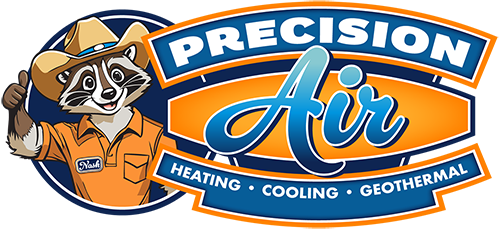You may not give dust in your home much thought. Dusting surfaces around your home is on your chore list, and it’s just something you have to do regularly, right? But what happens if you wipe down surfaces only to find a layer of dust a few days later? It’s not just an inconvenience, and it’s definitely not something you have to accept. A high volume of dust in your home may indicate that your HVAC system needs some help.
If you’re concerned about indoor air quality in your home, give us a call. We can help you with a personalized plan to help reduce dust around your home. Not only will your health improve, but your HVAC system will be able to run more efficiently, too. It’s a win-win situation all the way around!
Check Your Air Filters
Your HVAC system has an air filter that helps to eliminate dust, dirt, and allergens from ever entering your HVAC system. But do you have the best air filter for the job? Many homeowners just stop by the hardware store and pick up a filter that fits the measurements. But air filters have ratings called MERV, or minimum efficiency reporting value that you may want to double-check.
The American Society of Heating, Refrigerating and Air-Conditioning Engineers created a standardized rating system so that you can know what to expect out of your air filters. The system ranges between one and 20. The highest rating for most home air filters is 16. Higher ratings are reserved for businesses that need extremely high air quality. (Think hospitals and medical offices.) MERV ranges are:
- MERV one through four – stops large particles, but doesn’t do much for the overall air quality
- MERV five through eight – most common for homes because the filter prevents dust, dust mites, and other smaller particles
- MERV nine through 12 – catches much smaller particles, including ones that lead to foul odors in your home. These filters are great for people with allergies or asthma, but all HVAC systems aren’t strong enough to pull air through these filters.
- MERV 13 through 16 – these are the best filters you can get without them being HEPA-rated. They are strong enough to stop viruses and bacteria from passing through.
Check Your Ductwork
If you’ve been using air filters with a lower rating, dust and dirt may collect in your HVAC system, including the ductwork. Plus, ductwork has a lot of seals where there are connections, and these seals can come loose over time. Even small holes in your ductwork can let dust and dirt into your HVAC system and in turn, the air you breathe.
Check out a recent blog we contributed to regarding dust in your home on Redfin.com!
An annual HVAC inspection includes wiping away any dust that has collected and reviewing your ductwork for any repair needs. These simple steps can help eliminate the amount of dust in your home, improve your health, and even improve your HVAC unit’s efficiency.
Comfort is a must, call the experts you trust. Contact Precision Air, Inc today for your HVAC and indoor air quality needs.

